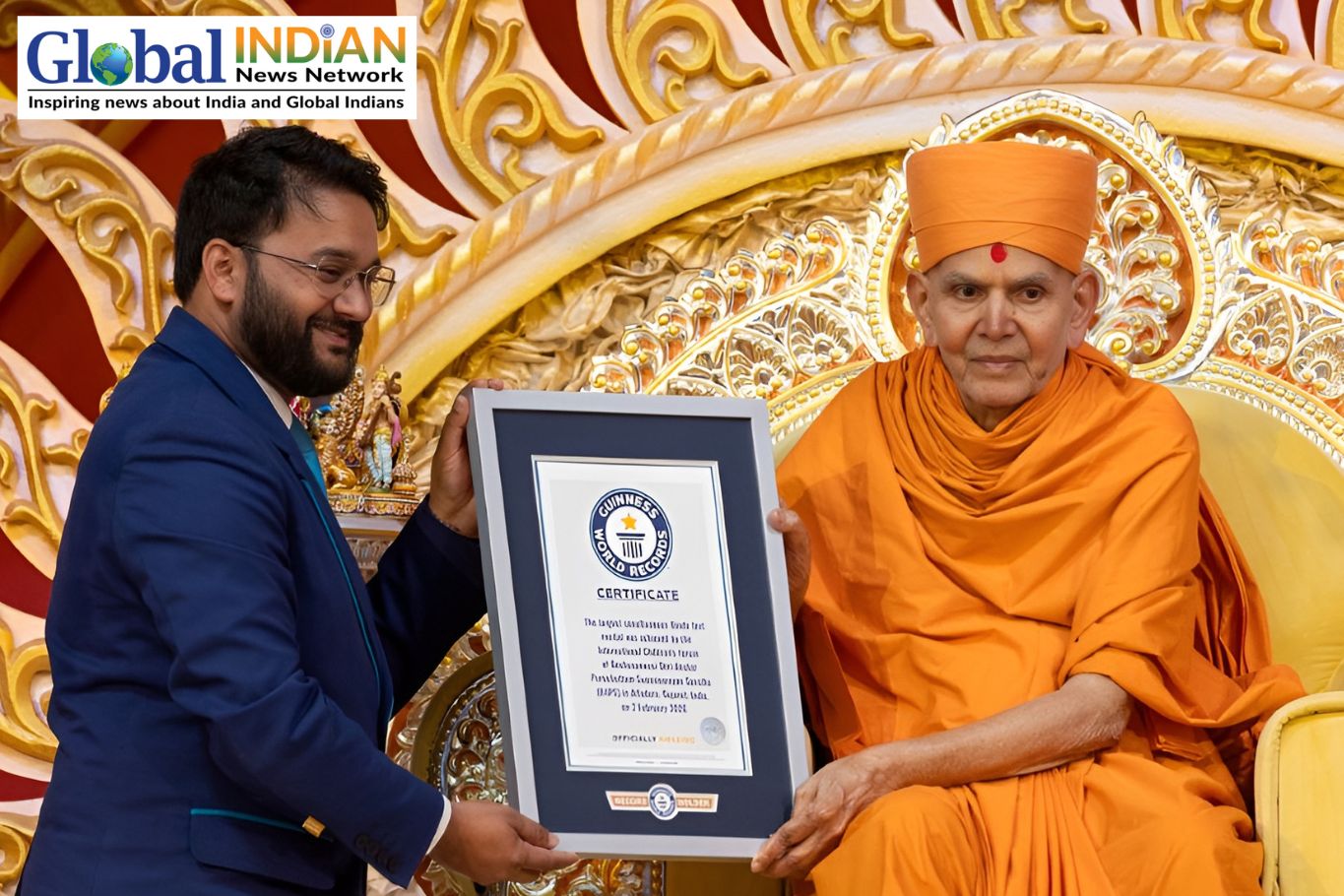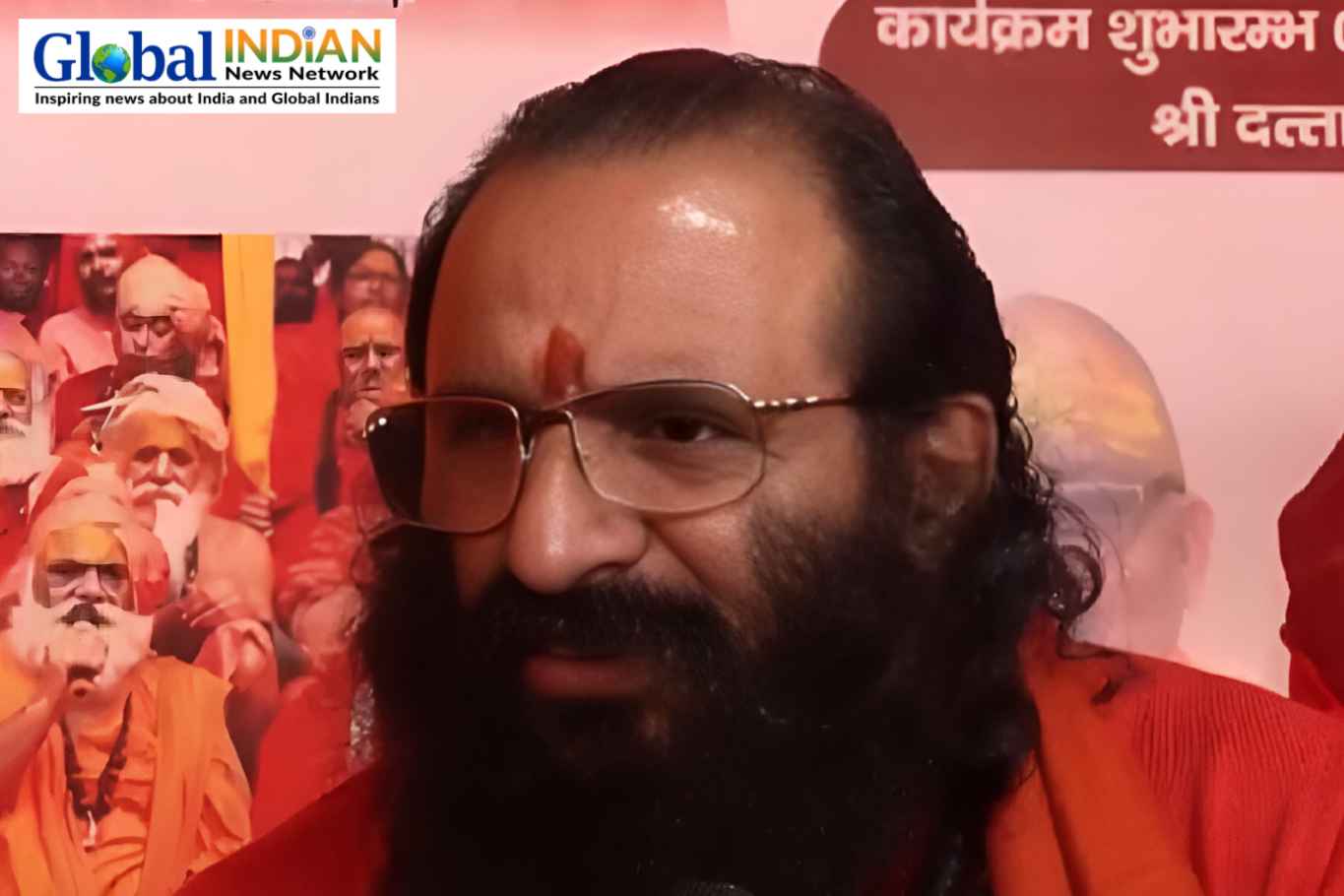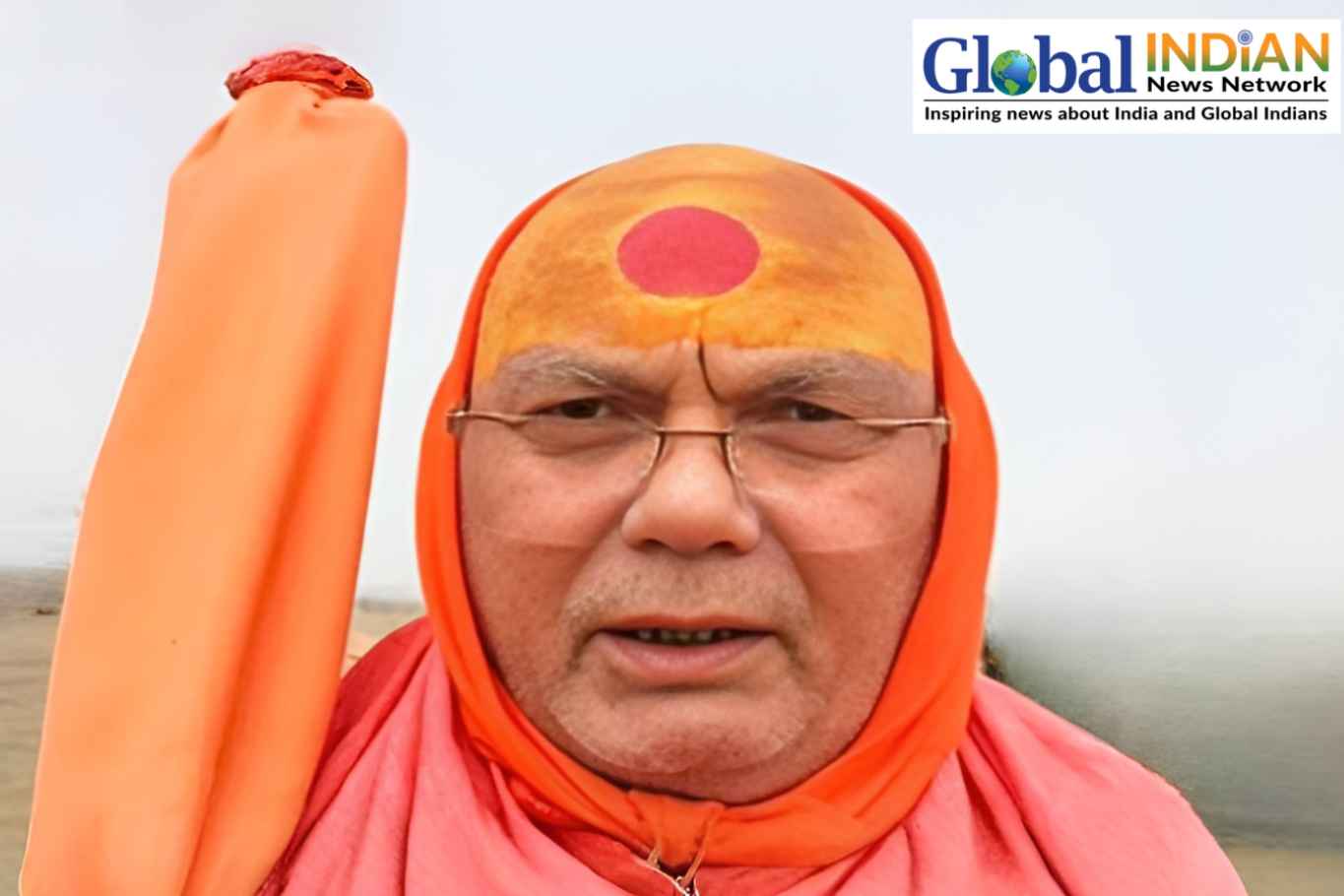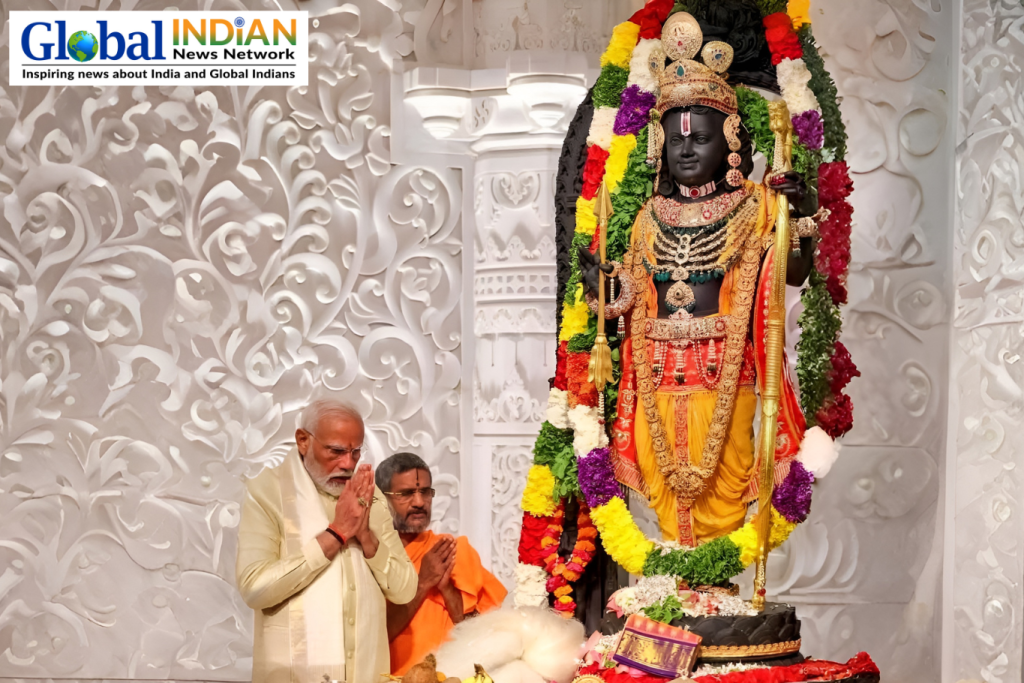
Swami Vivekananda, an Indian spiritual leader and philosopher who believed that self-belief and faith were closely connected. He famously said, “You cannot believe in God until you believe in yourself”. This statement encapsulates the idea that before we can have faith in something larger than ourselves, we must first understand our own worth and have faith in ourselves. Let us explore why Swami Vivekananda believed that self-belief and faith go hand-in-hand and how this belief has impacted his teachings.
The Philosophy of Swami Vivekananda
Swami Vivekananda was a spiritual leader and philosopher who emphasized the importance of self-belief and faith. Born in India in 1863, Vivekananda studied Vedanta philosophy and became a disciple of Sri Ramakrishna. He later traveled to the United States, where he gained widespread recognition as a speaker and advocate for Indian culture and spirituality.
 One of Vivekananda’s core beliefs was that every individual possesses the spark of divinity within themselves. He believed that through self-realization, people could unlock their full potential and achieve their goals. To do so, however, they needed to cultivate self-belief and have faith in themselves.
One of Vivekananda’s core beliefs was that every individual possesses the spark of divinity within themselves. He believed that through self-realization, people could unlock their full potential and achieve their goals. To do so, however, they needed to cultivate self-belief and have faith in themselves.
For Vivekananda, faith was not simply a matter of belief in a higher power but a deep trust in one’s own abilities and potential. He believed that faith in oneself was essential for success in any endeavor, whether it be spiritual, intellectual, or material. By believing in themselves, people could overcome obstacles and achieve their goals.
In Vivekananda’s view, self-belief and faith were closely intertwined. Without faith in oneself, it was difficult to cultivate the confidence and courage needed to pursue one’s goals. Conversely, by developing faith in oneself, individuals could cultivate the self-belief needed to overcome challenges and succeed.
Swami Vivekananda’s philosophy emphasizes the importance of self-belief and faith as key components of personal growth and achievement. By cultivating these qualities, individuals can tap into their inner strength and achieve their highest potential.
Understanding Self-Belief and Faith
Understanding self-belief and faith is essential in order to fully grasp the teachings of Swami Vivekananda. Self-belief refers to having confidence in one’s own abilities, worth, and potential. It is the belief that you are capable of achieving your goals and overcoming obstacles. On the other hand, faith involves trust and belief in something beyond ourselves, whether it is a higher power, the universe, or a divine force. It is the belief that there is a greater purpose or plan at work.
Swami Vivekananda believed that self-belief and faith are closely connected because they both involve trusting in oneself and in something beyond oneself. Self-belief is the foundation on which faith is built. When we believe in ourselves and our abilities, we are more likely to have faith in the greater possibilities and potentials that lie ahead. Similarly, having faith in something beyond ourselves can also strengthen our self-belief. When we trust in a higher power or divine force, we realize that we are not alone and that there is a greater plan for us.
Understanding self-belief and faith allows us to tap into our inner strength and unlock our full potential. It empowers us to take risks, overcome challenges, and pursue our dreams with confidence. Swami Vivekananda’s teachings remind us of the importance of cultivating both self-belief and faith in order to live a purposeful and fulfilling life.
The Connection Between Self-Belief and Faith
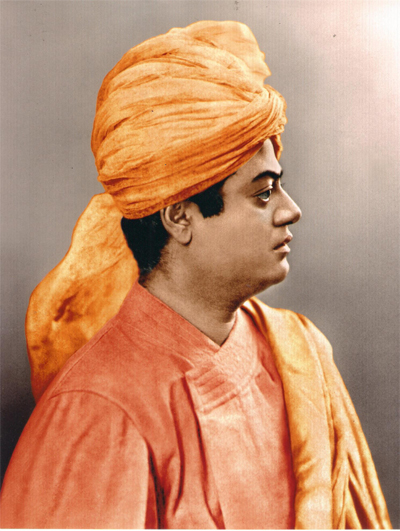 Swami Vivekananda believed that self-belief and faith go hand-in-hand, as they are two sides of the same coin. Faith in God requires the individual to have faith in themselves, their abilities, and their potential. It is only when we believe in ourselves that we can fully trust in God’s plan for us. This connection is critical, as faith alone cannot sustain a person if they do not have the self-confidence to persevere through life’s challenges.
Swami Vivekananda believed that self-belief and faith go hand-in-hand, as they are two sides of the same coin. Faith in God requires the individual to have faith in themselves, their abilities, and their potential. It is only when we believe in ourselves that we can fully trust in God’s plan for us. This connection is critical, as faith alone cannot sustain a person if they do not have the self-confidence to persevere through life’s challenges.
Self-belief also provides us with the courage and determination to face any adversity and strive for excellence. When we believe in ourselves, we can tap into our full potential and find purpose and meaning in our lives. This inner strength can also help us overcome our fears and doubts and push beyond our limits.
Having faith in oneself and in God can help us navigate the unpredictable nature of life with more ease and grace. This connection can provide a sense of security, purpose, and comfort that can help us face our trials and tribulations.
Swami Vivekananda recognized the crucial connection between self-belief and faith and the benefits they provide together. Believing in yourself is an essential component of having faith, and this combination can provide us with the inner strength and motivation to overcome any obstacle that comes our way.
The Importance of Believing in Yourself
Believing in yourself is crucial for personal growth and success. It is the foundation upon which all achievements are built. Swami Vivekananda recognized the immense importance of self-belief in shaping one’s life and reaching one’s full potential. When you believe in yourself, you develop a strong sense of confidence and resilience. You become aware of your own worth and capabilities, which empowers you to pursue your goals and dreams with determination.
Believing in yourself allows you to overcome obstacles and setbacks. It gives you the courage to take risks and step out of your comfort zone. With self-belief, you develop a positive mindset and are more likely to persevere through challenges. Even when faced with failures, you have the inner strength to learn from them and continue moving forward.
Believing in yourself attracts opportunities and positive experiences into your life. When you have faith in your abilities, you exude a sense of self-assurance that is attractive to others. People are drawn to those who believe in themselves, and doors of opportunity often open up as a result.
In essence, believing in yourself is not only essential for personal growth and success, but it is also a fundamental aspect of leading a fulfilling and meaningful life. It allows you to tap into your inner strength, embrace your uniqueness, and live up to your true potential. So embrace self-belief and have faith in yourself, for it is the key to unlocking a world of limitless possibilities.
How to Cultivate Self-Belief
Cultivating self-belief is an ongoing process that requires patience, perseverance, and self-reflection. Here are some strategies to help you cultivate self-belief:
- Identify and challenge limiting beliefs. Recognize any negative beliefs or self-doubt that may be holding you back. Challenge these beliefs by questioning their validity and replacing them with positive affirmations.
- Set achievable goals. Break down your goals into smaller, manageable steps. Each time you accomplish a goal, you will build confidence and belief in your abilities.
- Celebrate your successes. Acknowledge and celebrate your achievements, no matter how small they may seem. This reinforces a positive mindset and helps build self-belief.
- Surround yourself with positive influences. Surround yourself with people who uplift and support you. Avoid negative influences or people who undermine your self-belief.
- Practice self-care: Take care of your physical, emotional, and mental well-being. Engage in activities that make you feel good about yourself and boost your confidence.
- Visualize success. Visualize yourself achieving your goals and overcoming obstacles. This helps reinforce positive beliefs and builds self-confidence.
- Learn from failures. Embrace failure as an opportunity for growth and learning. Analyze what went wrong, make adjustments, and try again with renewed determination.
- Seek support: Reach out to a trusted friend, mentor, or coach who can provide guidance, encouragement, and accountability on your journey to cultivating self-belief.
 Remember, cultivating self-belief takes time and effort. Be patient with yourself, and continue to believe in your abilities and potential. With persistence and dedication, you can cultivate self-belief and unlock your true potential. It’s important to understand that self-belief isn’t a fixed trait that you either have or don’t have. Instead, it’s something that you can cultivate and grow over time. By implementing these strategies, you can develop a stronger sense of self-belief and faith in yourself.
Remember, cultivating self-belief takes time and effort. Be patient with yourself, and continue to believe in your abilities and potential. With persistence and dedication, you can cultivate self-belief and unlock your true potential. It’s important to understand that self-belief isn’t a fixed trait that you either have or don’t have. Instead, it’s something that you can cultivate and grow over time. By implementing these strategies, you can develop a stronger sense of self-belief and faith in yourself.
When you believe in yourself, you can accomplish great things. Self-belief gives you the courage and confidence to take risks, pursue your dreams, and overcome challenges. Without it, you may be held back by fear, doubt, and insecurity.
In addition to helping you achieve your goals, self-belief can also enhance your overall well-being. When you believe in yourself, you’re more likely to experience positive emotions such as joy, pride, and satisfaction. You’re also more resilient in the face of adversity and less likely to suffer from depression or anxiety.
By understanding the connection between self-belief and faith, you can start to cultivate both of these qualities in your life. With time and practice, you can learn to trust yourself, have faith in your abilities, and live a life that’s grounded in purpose and meaning.

